About TROSA Transitional House
TROSA in Durham, North Carolina offers tools and resources for adults looking to break free from addiction. This residential program is completely free and requires at least a two-year commitment. Once you are in the program, TROSA provides all your essentials like housing, personal care items, clothing and meals. Their acronym stands for Triangle Residential Options for Substance Abusers, Inc. but they have expanded to serve clients beyond the Triangle region of NC.
This residential program is structured to help residents learn the life skills and habits they need to continue their sobriety once they leave the program. This includes seminars and classes, peer support and community assignments. Topics like relapse prevention, anger management and dealing with stress will be covered. You’ll also have time for fitness and creative outlets with access to music, art and fitness rooms. Residents have the option of getting their high school equivalency and can even get other professional credentials.
Certified therapists provide individual and group counseling services. The seminars focus on the challenges of daily life such as relapse prevention, goal setting and more.
After two years in the program, you’ll be a TROSA graduate. At the end of your treatment, you’ll have the option to stay longer if you want to continue to work on your recovery goals. I like that they have a graduate service department that helps residents prepare for life after graduation.
They help you find and get a job in the local community. They offer continuing services to help graduates stay connected and supported. For example, they offer transportation to and from work and access to affordable and stable housing.
Addiction Treatment Programs
Dual Diagnosis
For many people in North Carolina, dual diagnosis treatment that addresses mental health and substance use is essential to their recovery. In dual diagnosis programs, the activities, peer support, and counseling are tailored to the unique needs of those with mental health concerns. This may include additional therapy, medication, or peer support.
Opioid Addiction
Facilities that offer substance use treatment in North Carolina can give you the skills and tools you need to break free from opioid addiction. Common services include counseling and classes on coping skills, emotional management, communication, and other key life skills. Opioid rehab programs can provide inpatient or outpatient treatment.
Drug Rehab
If you’re ready to overcome substance use disorder, a drug rehab in North Carolina can give you the tools you need. The rehab program may use multiple approaches, including nutrition, psychology, holistic methods, and support groups. These tools help you build a substance-free lifestyle and move into long-term recovery.
Men's Rehab
A men’s rehab in North Carolina can provide every level of care while addressing the unique needs of men. In a men’s program, the activities, peer support, and counseling are tailored to the unique needs of men. This may include talking about career development, fatherhood, communication strategies, and more.
Women's Rehab
Choosing a women’s rehab in North Carolina can be a great way to manage gender-specific issues while also addressing substance use. In a women’s program, the activities, peer support, and counseling are tailored to the unique needs women have. This may include talking about building a career, motherhood, relationship safety, and more.
Insurance Coverage
Financial aid
Paying for rehab in North Carolina can be done in multiple ways, including using financial aid programs if you qualify. Community groups or non-profits in your area may offer assistance, or you might find a treatment program that has grants or scholarships.
Location
Contact TROSA Transitional House
Top Drug Rehab Centers in North Carolina
-
 North Carolina
North CarolinaDilworth Center
2240 Park Road Charlotte, North Carolina 28203
-
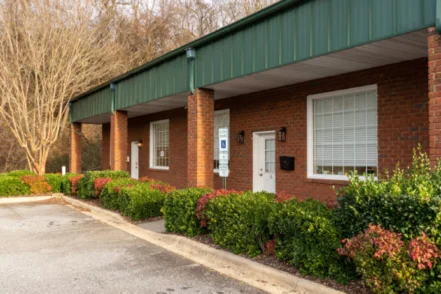 North Carolina
North CarolinaAsheville Recovery Center
9 Old Burnsville Hill Road, Suite 7 Asheville, North Carolina 28804
-
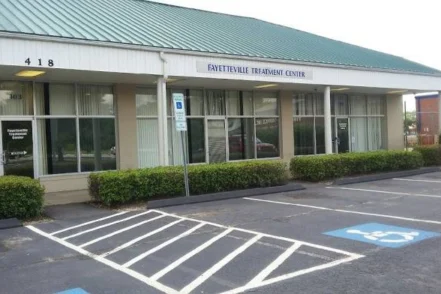 North Carolina
North CarolinaNew Season Fayetteville Treatment Center
Person St, Suite 103 Fayetteville, North Carolina 28301
-
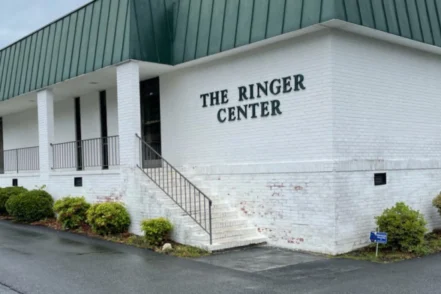 North Carolina
North CarolinaThe Ringer Center Greensboro
213 East Bessemer Avenue Greensboro, North Carolina 27401
-
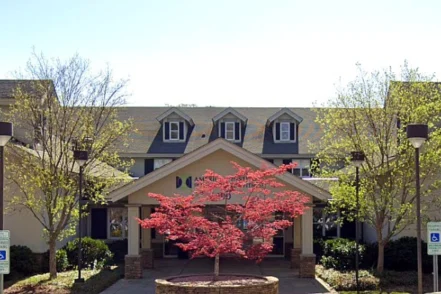 North Carolina
North CarolinaCarolina Performance
8300 Health Park, Suite 201 Raleigh, North Carolina 27615
-
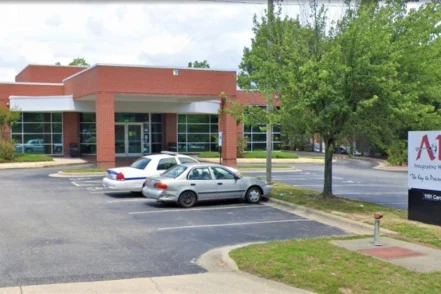 North Carolina
North CarolinaAlcohol and Drug Services Greensboro
1101 Carolina Street Greensboro, North Carolina 27401
-
 North Carolina
North CarolinaHolly Hill Hospital
3019 Falstaff Road Raleigh, North Carolina 27610
-
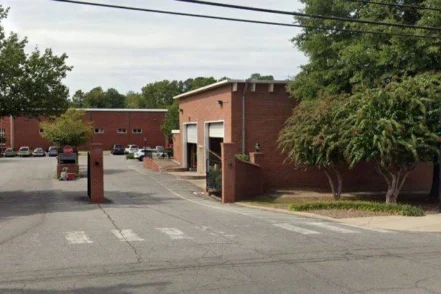 North Carolina
North CarolinaTriangle Residential Options for Substance Abusers
1820 James Street Durham, North Carolina 27707
-
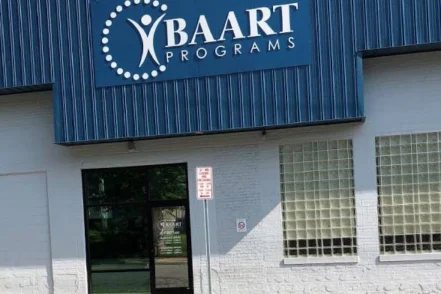 North Carolina
North CarolinaBAART Programs Durham
800 N Mangum Street, Suite 400 Durham, North Carolina 27701
-
 North Carolina
North CarolinaCrossroads of Greensboro
2706 North Church Street Greensboro, North Carolina 27405
-
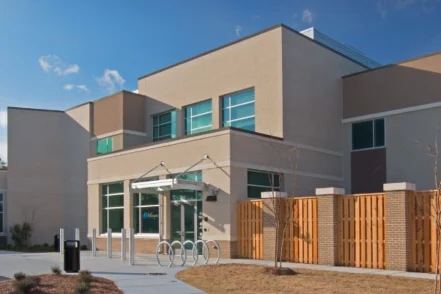 North Carolina
North CarolinaWilmington Treatment Center Troy Drive
2520 Troy Drive Wilmington, North Carolina 28401
-
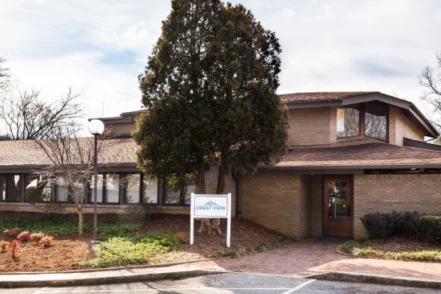 North Carolina
North CarolinaCrest View Recovery Center
90 Asheland Avenue, Suite D Asheville, North Carolina 28801
-
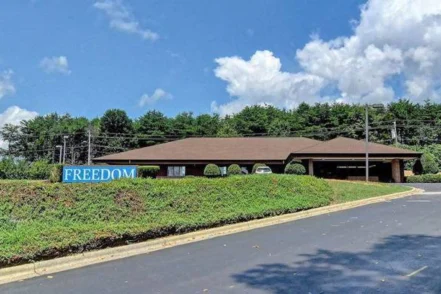 North Carolina
North CarolinaFreedom Detox
1089 X Ray Dr Gastonia, North Carolina 28054
-
 North Carolina
North CarolinaSilver Ridge
183 Old Turnpike Road Mills River, North Carolina 28759